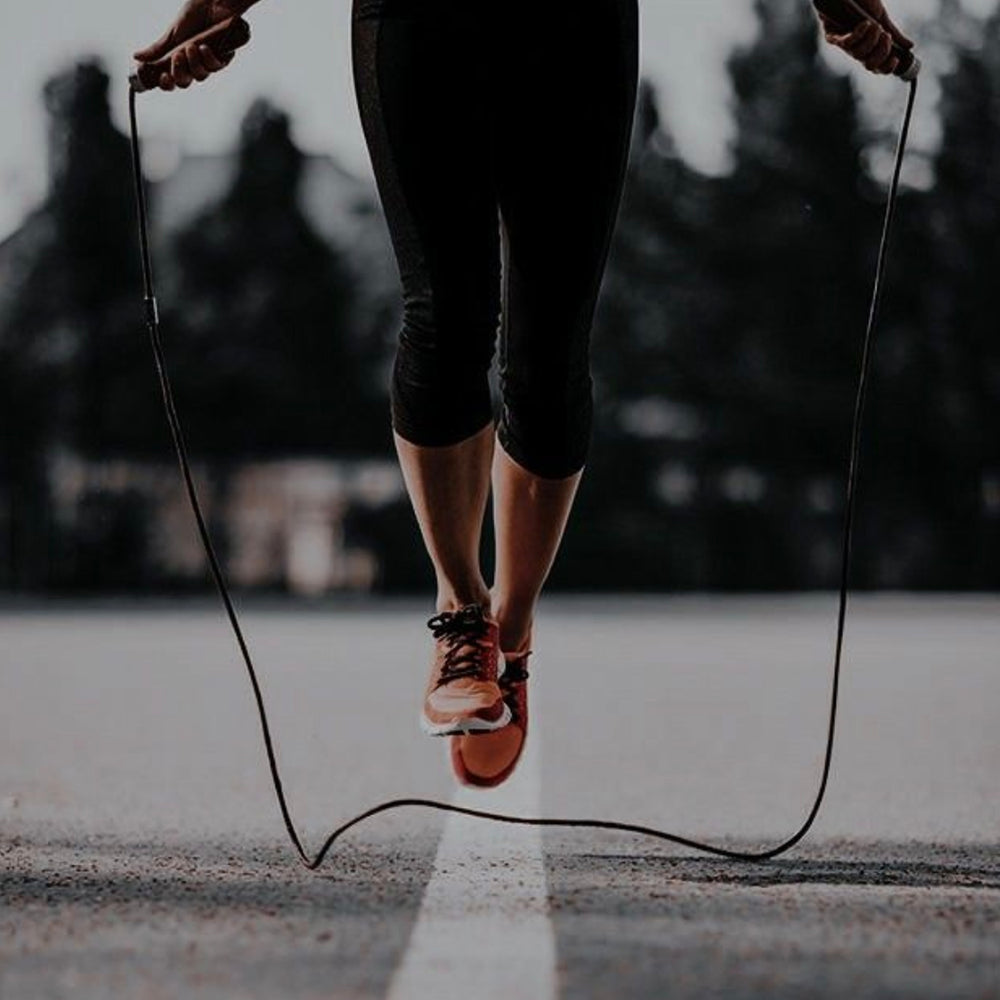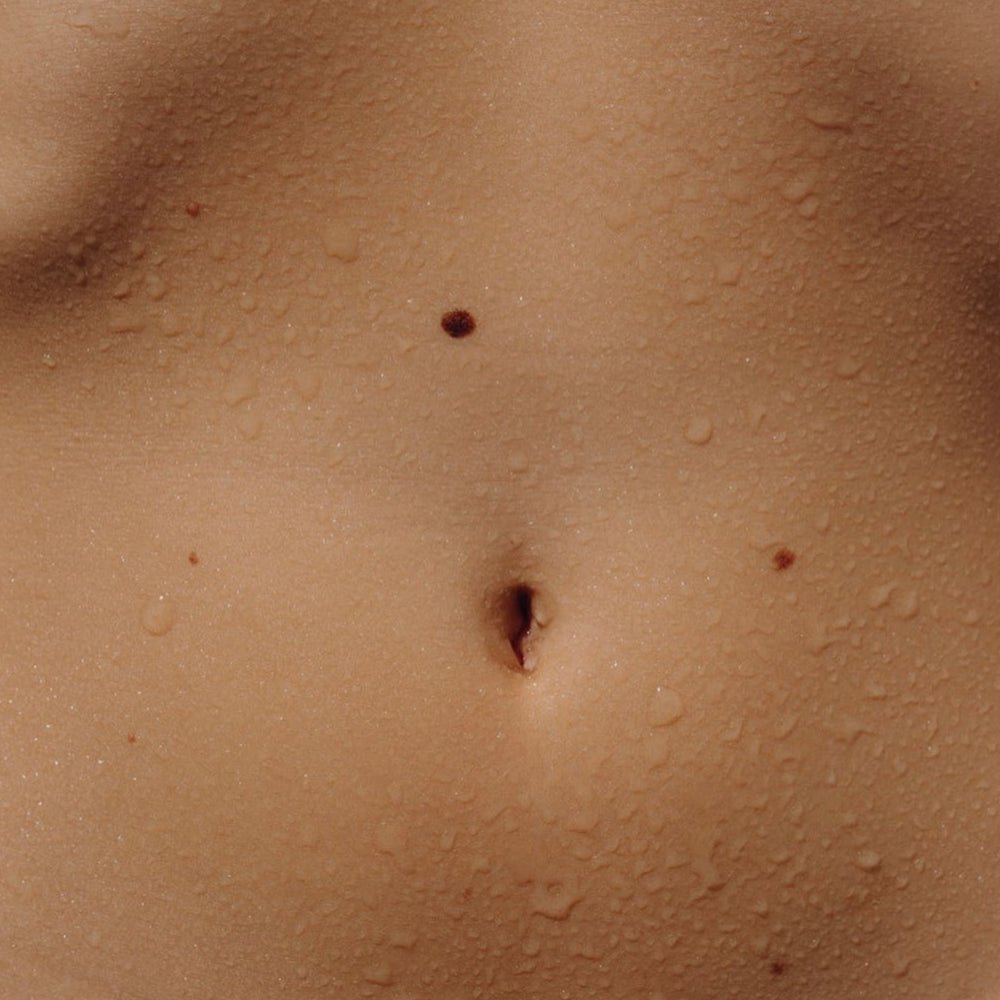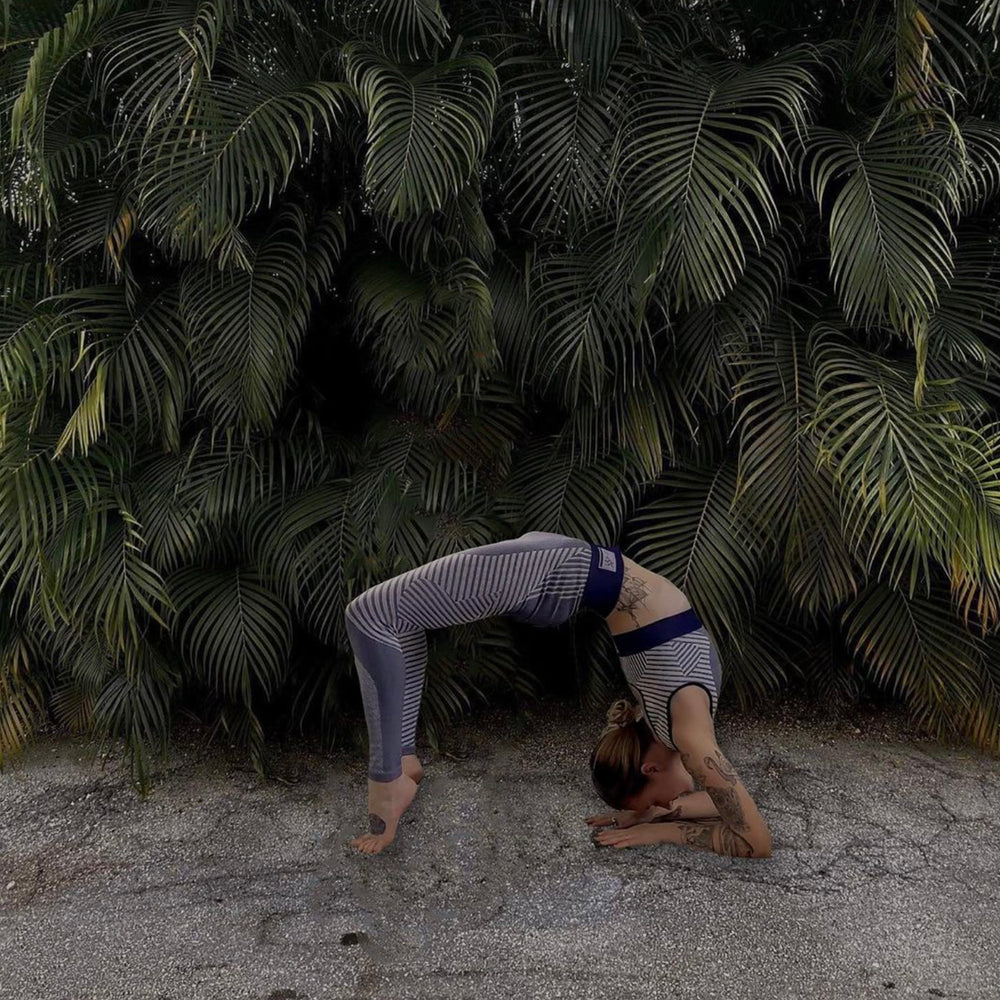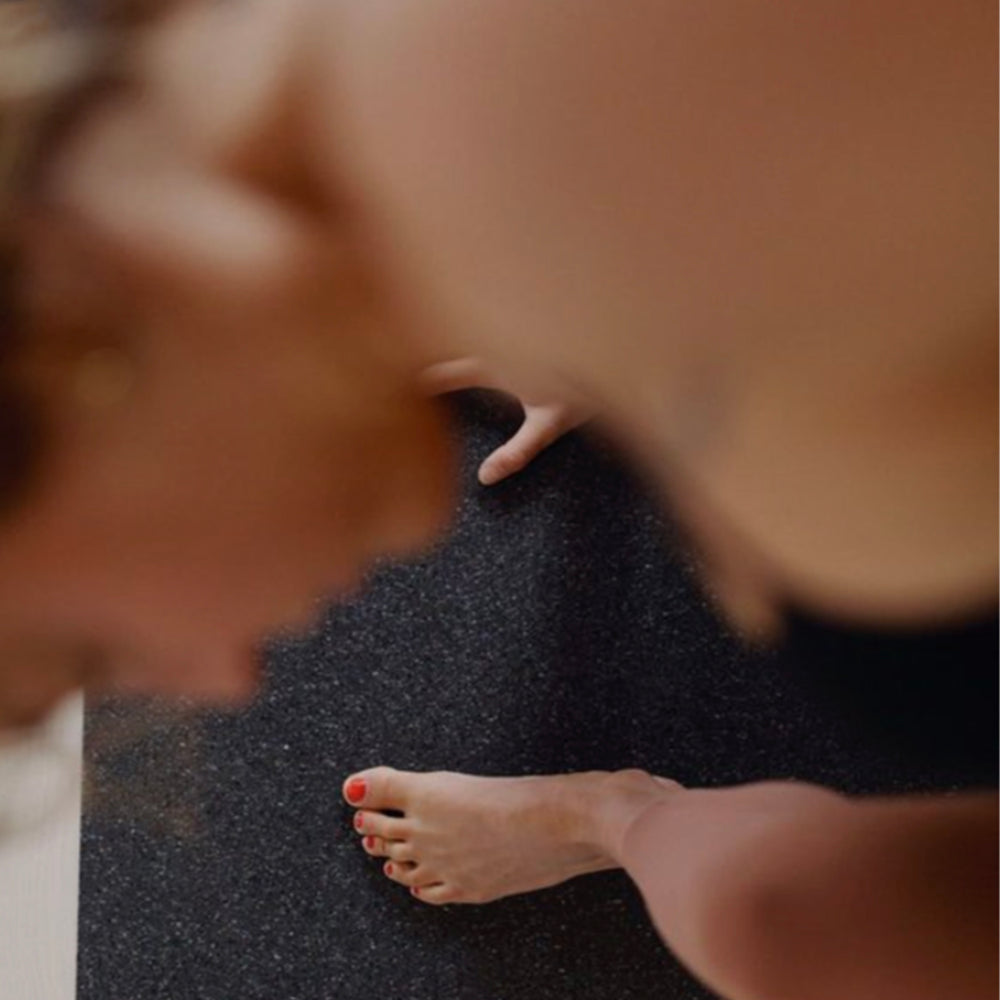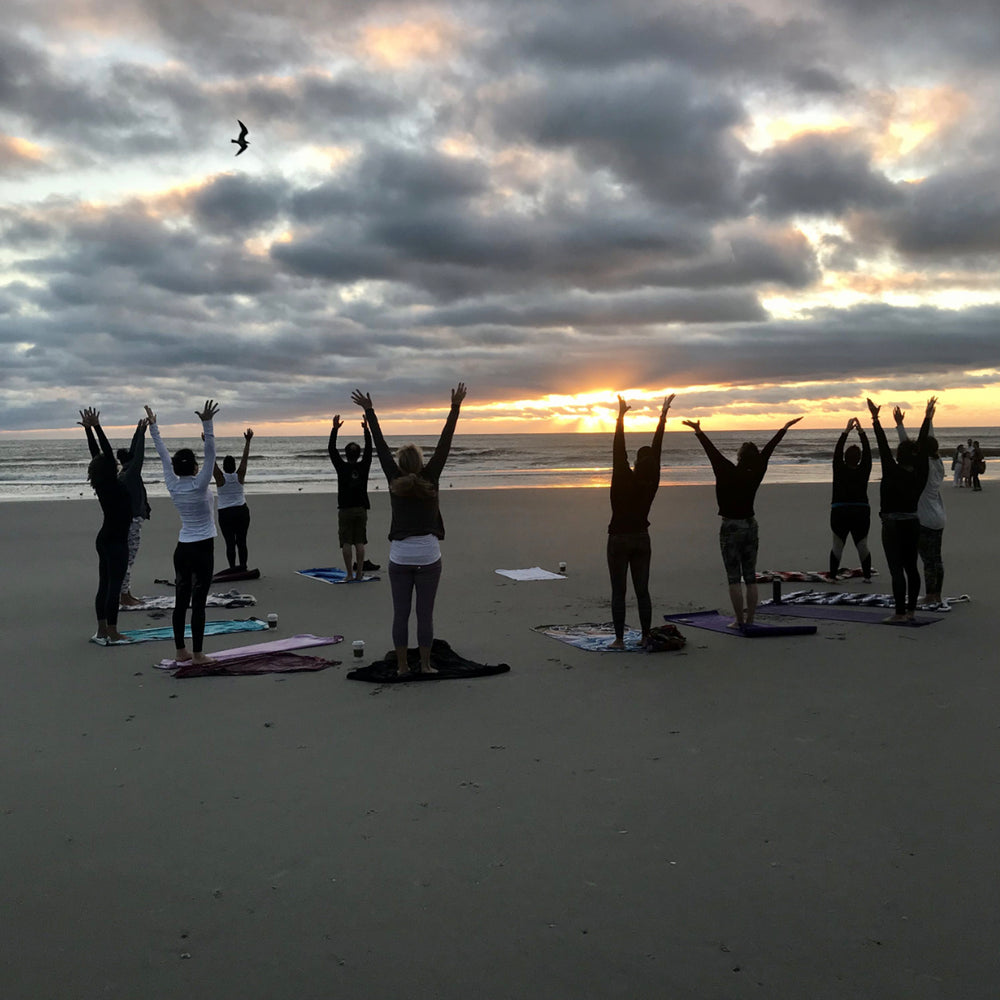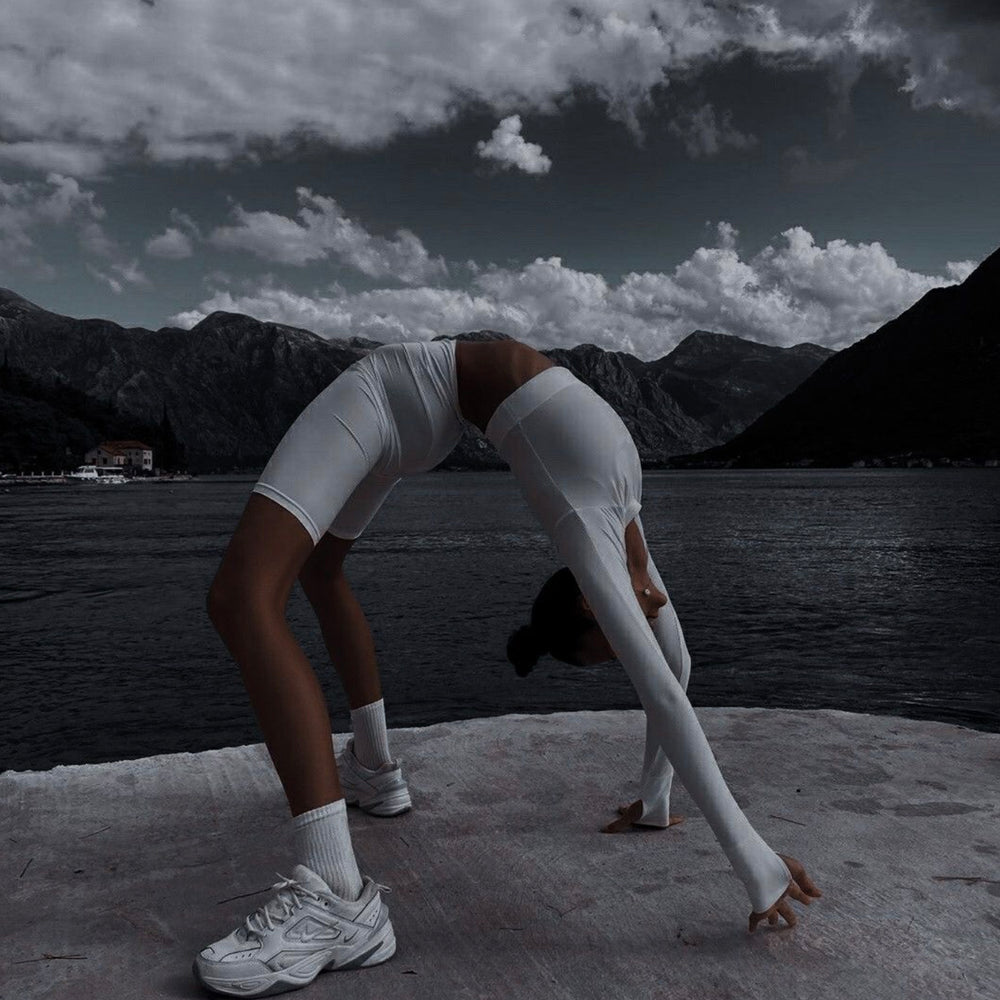
Depression, a common mental health challenge, can deeply affect one's quality of life, impacting mood, energy levels, and overall well-being. In the quest for holistic healing and management, yoga emerges as a powerful tool. This ancient practice, known for its ability to balance the mind and body, offers a range of poses specifically beneficial for alleviating symptoms of depression. This article explores yoga poses that can uplift the spirits and contribute positively to managing depression.
Understanding Depression and Yoga’s Role
Depression is characterized by persistent sadness, lack of interest in activities, and a range of physical and emotional problems. Yoga, with its unique blend of physical postures, breathing exercises, and meditation, can be an effective complementary therapy. It promotes relaxation, reduces stress, and enhances mood, all of which are beneficial for those struggling with depression.
Yoga Poses for Alleviating Depression
Certain yoga poses have been found to be particularly effective in elevating mood and alleviating symptoms of depression.
1. Balasana (Child’s Pose)
This gentle, restorative pose is soothing for the mind and helps relieve stress and fatigue.
**Technique**: Kneel on the floor, touch your big toes together, and sit back on your heels. Fold forward, extending your arms in front of you. Let your forehead rest on the ground.
2. Uttanasana (Standing Forward Bend)
Forward bends are calming for the brain and help relieve stress, making them beneficial for depression.
**Technique**: Stand with your feet hip-width apart, exhale, and hinge at your hips to fold forward. Let your head hang and relax your upper body.
3. Setu Bandhasana (Bridge Pose)
This backbend opens up the chest, improving breathing and circulation, and can have an uplifting effect on mood.
**Technique**: Lie on your back, bend your knees, and place your feet flat on the floor. Press into your feet and lift your hips, clasping your hands under your back.
4. Adho Mukha Svanasana (Downward-Facing Dog)
A mild inversion that promotes blood flow to the brain, this pose can help relieve stress and mild depression.
**Technique**: From a tabletop position, lift your hips up and back, forming an inverted V. Press firmly into your hands and keep your neck relaxed.
5. Anjaneyasana (Low Lunge)
This pose opens the chest and lungs, enhancing breath and energy flow, which can be beneficial in combating depression.
**Technique**: From a standing position, step one foot back, lower your knee to the ground, and raise your arms and chest upward.
Breathing Techniques (Pranayama) for Depression
Pranayama, or yogic breathing, is crucial in managing depression. Techniques like deep abdominal breathing and alternate nostril breathing (Nadi Shodhana) can help calm the mind and improve mental clarity.
Integrating Yoga into a Routine for Depression
To gain the benefits of yoga for depression, integrate these practices into a regular routine:
**Practice Regularly**: Consistent practice is more effective in managing symptoms of depression.
**Combine Poses with Meditation**: Ending your practice with meditation can enhance the calming effects of yoga.
**Create a Peaceful Environment**: Practice in a calm, quiet space where you can focus on your practice without distractions.
Tips for Practicing Yoga for Depression
**Be Gentle with Yourself**: Recognize and honor your limits. Avoid pushing yourself into discomfort.
**Seek Professional Guidance**: If you're new to yoga, consider taking classes from a qualified instructor who can guide you in proper technique and alignment.
**Listen to Your Body**: Pay attention to how different poses make you feel and adjust your practice accordingly.
The Role of Meditation in Managing Depression
Meditation, a core component of yoga, helps cultivate mindfulness and self-awareness, which are crucial in managing depression. Practices like mindfulness meditation or guided meditation can be particularly helpful.
Yoga as a Complementary Therapy for Depression
While yoga can be beneficial in managing symptoms of depression, it should not replace conventional treatments like therapy and medication. Instead, it should be used as a complementary approach.
Overcoming Challenges in Yoga Practice
Starting a yoga practice while dealing with depression can be challenging. Be patient with yourself, and remember that progress in yoga is not linear. Each practice is a step toward better mental health.
The Importance of Community and Support
Practicing yoga in a group setting or joining a yoga community can provide additional support and motivation, which is beneficial for those dealing with depression.
Long-Term Benefits of Yoga for Mental Health
Regular yoga practice can contribute to long-term improvements in mental health, enhancing mood, reducing stress, and increasing feelings of well-being.
Yoga offers a gentle, accessible way to alleviate symptoms of depression and uplift the spirit. Through a combination of specific poses, breathing techniques, and meditation, individuals can harness the healing power of yoga to manage depression. It's important to approach yoga with patience and self-compassion, understanding that the journey toward mental health is a gradual process. Embrace yoga as a tool for self-care and witness its transformative effects on your mental, physical, and emotional well-being.
|




